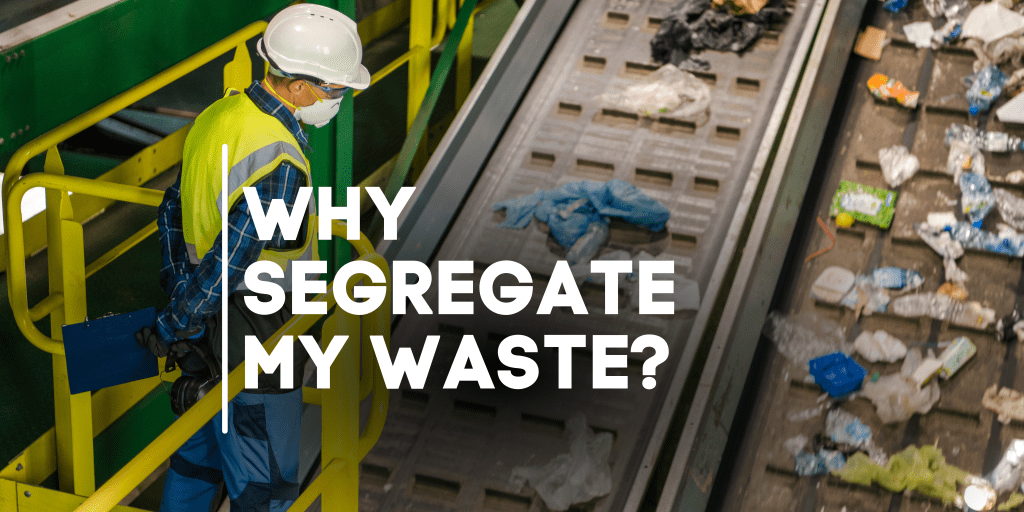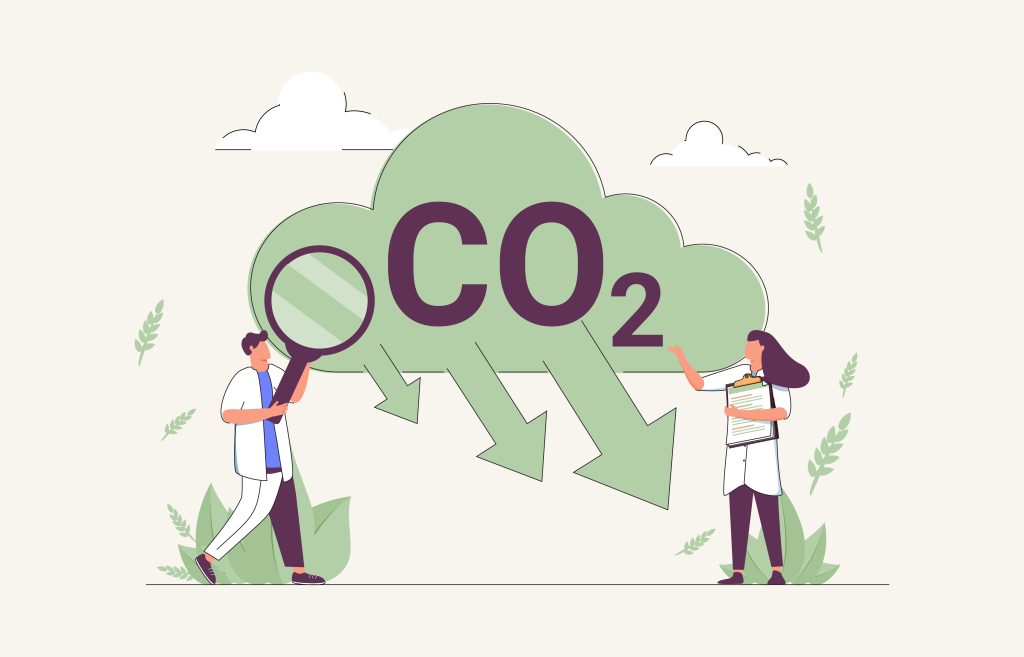Why Segregate My Waste?
With businesses looking for more ways to improve their sustainability and become more environmentally friendly, one overlooked aspect is their waste and how by separating their waste they can reduce their carbon footprint.
Separating waste streams, also known as waste sorting or waste segregation, involves categorising different types of waste materials into distinct groups before disposal or recycling. This practice offers several benefits for both the environment and society:
- Recycling Efficiency: Different types of waste require different processing methods to be recycled effectively. Separating waste streams allows for easier sorting at recycling facilities, increasing the chances of successful recycling and reducing the contamination of recycled materials.
- Resource Conservation: Many materials used in everyday products, such as paper, glass, plastic, and metals, can be recycled or repurposed. Separating these materials prevents them from ending up in landfills, or waste to energy, where they would contribute to resource depletion.
Reduced Environmental Impact: By recycling and reusing materials, you reduce the need for extracting and processing raw resources. This leads to lower energy consumption, reduced greenhouse gas emissions, and minimised environmental degradation associated with mining and extraction.
- Waste Reduction: Separating waste streams often involves identifying hazardous or toxic materials. Properly managing these materials prevents environmental pollution and minimises health risks for both humans and wildlife.
- Compliance with Regulations: Regions in Britain have regulations and policies that require waste separation and recycling. Following these regulations helps individuals and businesses avoid penalties and contributes to a more sustainable waste management system.
- Educational Value: Waste separation encourages people to become more aware of the types of materials they use and discard. This increased awareness can lead to more responsible consumption and disposal habits.
- Public Health: Proper waste separation and management contribute to cleaner environments and reduce the risk of disease transmission through contaminated waste.
- Preserving Land Space: Landfills take up significant amounts of space, and many regions are facing challenges finding suitable locations for new landfills. By recycling and reducing waste sent to landfills, we can extend the lifespan of existing disposal sites and reduce the need for new ones.
- Cultivating Sustainable Practices: Waste separation is part of a larger effort to promote sustainable living. It encourages individuals, businesses, and communities to take responsibility for their waste and consider the environmental impact of their actions.
Overall, separating waste streams is a critical step in creating a more sustainable and environmentally friendly approach to waste management, contributing to the long-term health of our planet and its inhabitants.
Is your business looking to reduce its environmental impact? Speak to ASH today to see how we can help you reduce your carbon footprint while saving you money!


 Reduced Environmental Impact: By recycling and reusing materials, you reduce the need for extracting and processing raw resources. This leads to lower energy consumption, reduced greenhouse gas emissions, and minimised environmental degradation associated with mining and extraction.
Reduced Environmental Impact: By recycling and reusing materials, you reduce the need for extracting and processing raw resources. This leads to lower energy consumption, reduced greenhouse gas emissions, and minimised environmental degradation associated with mining and extraction.